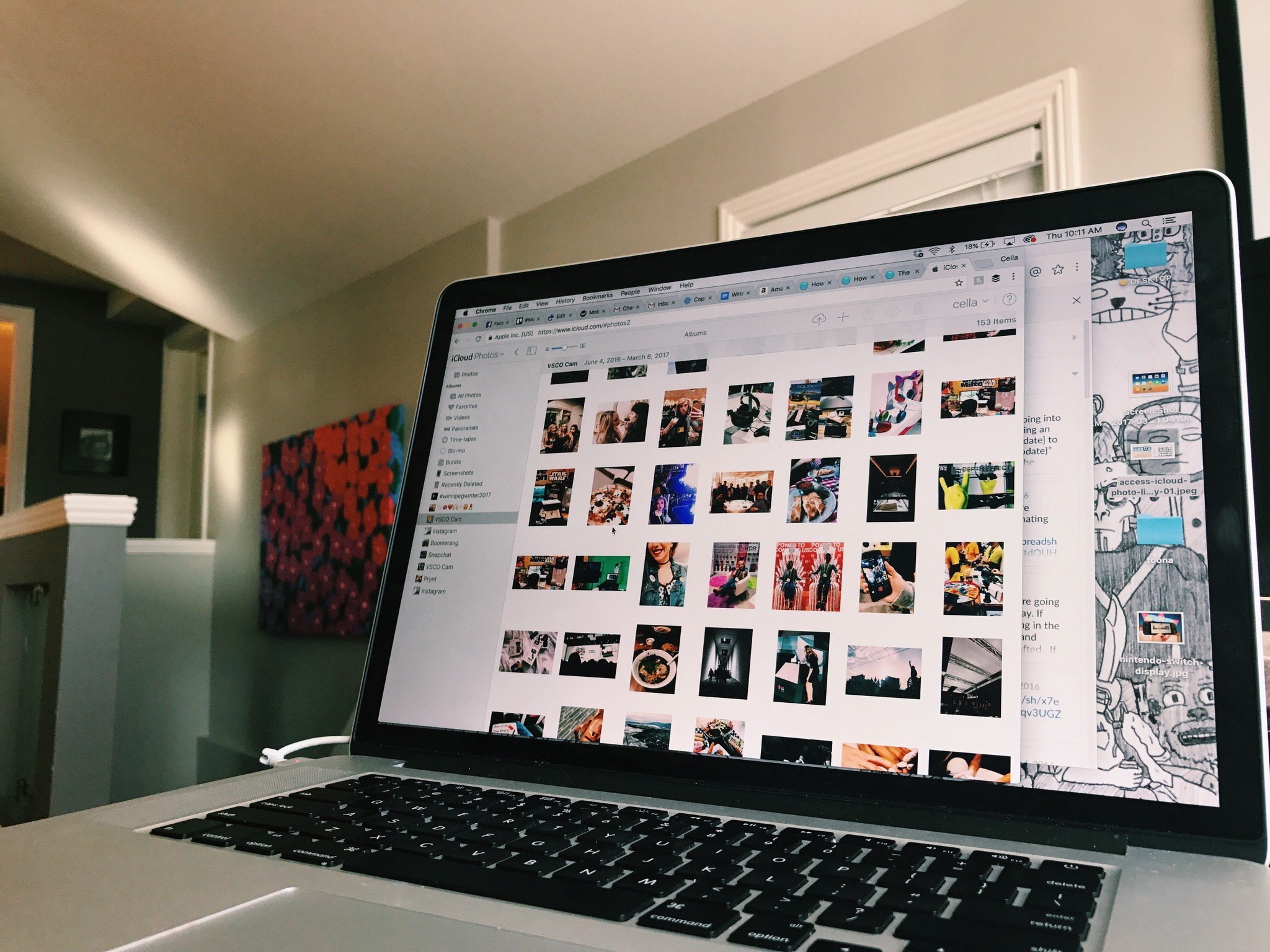How to set up iCloud Photo Library on your Mac
If you're interested in using iCloud Photo Library on your Mac, here's how to set up Apple's photo sync and backup service.
If you want your Mac's photos to wirelessly sync to all your other iOS devices and computers, you want to set up iCloud Photo Library: Apple's photo sync service lets you back up your images on all your devices, as well as access them — online or offline — on said devices. If you're willing to pay for the extra iCloud storage space, you can store an incredible amount of photos and videos, all accessible at the touch of a button or multi-touch screen.
Using a PC instead? Here's how to set up iCloud Photo Library on Windows
Here's how to set it up on your Mac and get everything configured to your liking!
- How to set up iCloud Photo Library on your Mac
- How to quickly sync images with your other devices
- How to optimize your photo and video storage
- How to share photos with iCloud Photo Library
How to set up iCloud Photo Library on your Mac
- Launch the Photos app on your Mac.
-
Select the Photos menu in the upper left corner of your screen.
- Go to Preferences.
-
Click on the iCloud tab.
-
Check "iCloud Photo Library." This will begin uploading any and all images you have stored in the Photos app to iCloud.
How to quickly sync images with your other devices
When you enable iCloud Photo Library, your photos and video will by default automatically upload to iCloud, and eventually sync with your other iOS devices and Macs. If you'd like to expedite this process, however, you can enable My Photo Stream: This will automatically sync any images you take to your other devices when you (and they) are connected to a Wi-Fi network.
iCloud Photo Library vs. My Photo Stream: What's the difference?
It is worth noting that this only works with images: Apple doesn't currently support quick syncing with video files just yet.
Tip: If you frequently swap between your iPhone and iPad and want to use screenshots or photos you've recently taken on either, this is worth enabling.
- Launch the Photos app on your Mac.
- Select the Photos menu in the upper left corner of your screen.

- Go to Preferences.
-
Click on the iCloud tab.
- Check the My Photo Stream checkbox.
How to optimize your photo and video storage
If you routinely shoot 4K video or high-quality images on your iPhone, iPad, or DSLR, you may run out of storage space fast. (I have a 1TB iMac, but also have almost a terabyte of 4K video stored in iCloud — it gets unwieldy, fast!) This is especially true if you have a Mac laptop with limited hard drive space: It's nice to look at your iPhone's gorgeous Portrait mode photos, but not necessarily always practical to store all of them locally.
Thankfully, Apple offers an Optimize Storage option, which lets you store full-resolution photos and video of only your most recently shot and accessed imagery; all older photos and videos are available to download via iCloud, and are stored as low-resolution previews on your device so as to save space. You can switch between optimizing your Mac's photos storage or storing your full library locally: Here's how!
Note: If you plan on using Optimize Storage, we suggest having at least one device that stores your entire library locally (usually a Mac with a large local or external hard drive), so you have multiple backups of your photographs and video.
- Launch the Photos app on your Mac.
- Click Photos in the App menu in the upper left corner of your screen.
-
Select Preferences from the drop-down menu.
- Click the iCloud tab.
-
Click Optimize Mac Storage.
Full-resolution versions of your photos and videos will be uploaded to iCloud.
How to share photos with iCloud Photo Library
Apple's photo service doesn't just provide online backups and sync for your images and video: The company also offers a free sharing service that allows you to send shared albums to friends and family (or create a publicly-shared website). Here's how to turn it on for your Mac.
How to set up and use iCloud Photo Sharing
Questions?
Let us know in the comments below.
Updated May 2018: Updated with more information on setting up iCloud Photo Library for your Mac.
iCloud Photo Library: The Ultimate Guide
- Should you use it?
- iCloud Photo Library and Photo Stream: What's the difference?
- Which storage plan should you choose?
- How to use it on iPhone and iPad
- How to use it on your Mac or PC
- How to access it on the web
- How to view images while offline
- How to use Family Sharing with iCloud
- How to free up storage space on your iPhone
- How to transfer photos from your Mac or PC
- How to recover deleted images and video
- How to back up iCloud Photo Library
- Troubleshooting iCloud Photo Library
from iMore - Learn more. Be more. http://bit.ly/2rVxqng
Powered by IOSCUBE





No comments: